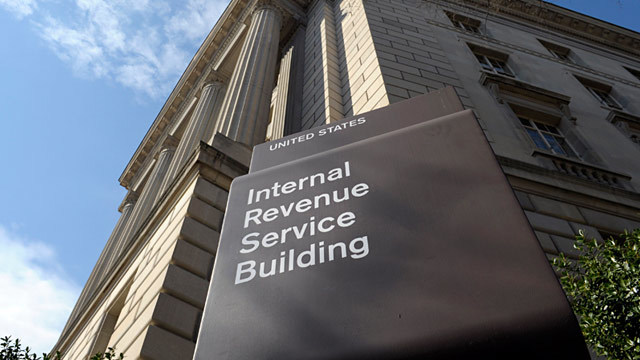The federal tax code is so complicated even the City of Madison, Wis., has trouble deciphering it.
Wisconsin’s capital city recently reached an agreement with the Internal Revenue Service to pay back $580,000 in taxes to the federal government over its failure to report some life insurance benefits as income for city employees. Madison is also in negotiation with the state Department of Revenue to settle on back taxes owed, which could cost around $300,000.
“We discovered (the error) over the past year-and-a-half and calculated the impact,” said city finance director David Schmiedicke. “When we fully understood the federal tax law in this area we reached out to the IRS.”
Most employees can purchase up to $50,000 in group-term life insurance policies with pre-tax dollars, according to IRS code. In other words, the employee gets a tax break for purchasing some life insurance through work. The employer, too, reduces some of its payroll taxes owed for Social Security and Medicare.
Decades-Long Mistake
The cost of premiums for any policy with insurance benefits exceeding $50,000 is supposed to be included as income to employees for tax purposes. But Scmiedicke said for decades the city failed to do that for approximately 2,200 employees.
Thankfully for Madison taxpayers, the IRS can only look back three years for missed payments in this area, and the Department of Revenue can only look back four years. That’s millions of dollars in unpaid taxes for which the city and its employees will not be responsible.
Scmiedicke said the city will pay employees’ share of tax liability, which is included in the $580,000 figure, as part of the settlement with the IRS.
Coming From Insurance Fund
The city will pay the IRS and DOR out of a $2.2 million “premium stabilization fund” the city has built up at Hartford Mutual Insurance, which provides life insurance to city employees. Scmiedicke said he doesn’t expect life insurance premiums for city employees to increase as a result. To avoid future tax problems, the city has removed pre-tax life insurance policies from its fringe benefits package.
“We are no longer excluding any income associated with premiums paid for life insurance. Now all that is taxable. We’ve taken it out of our cafeteria plan,” Scmiedicke said.
Used with permission of Watchdog.org.



